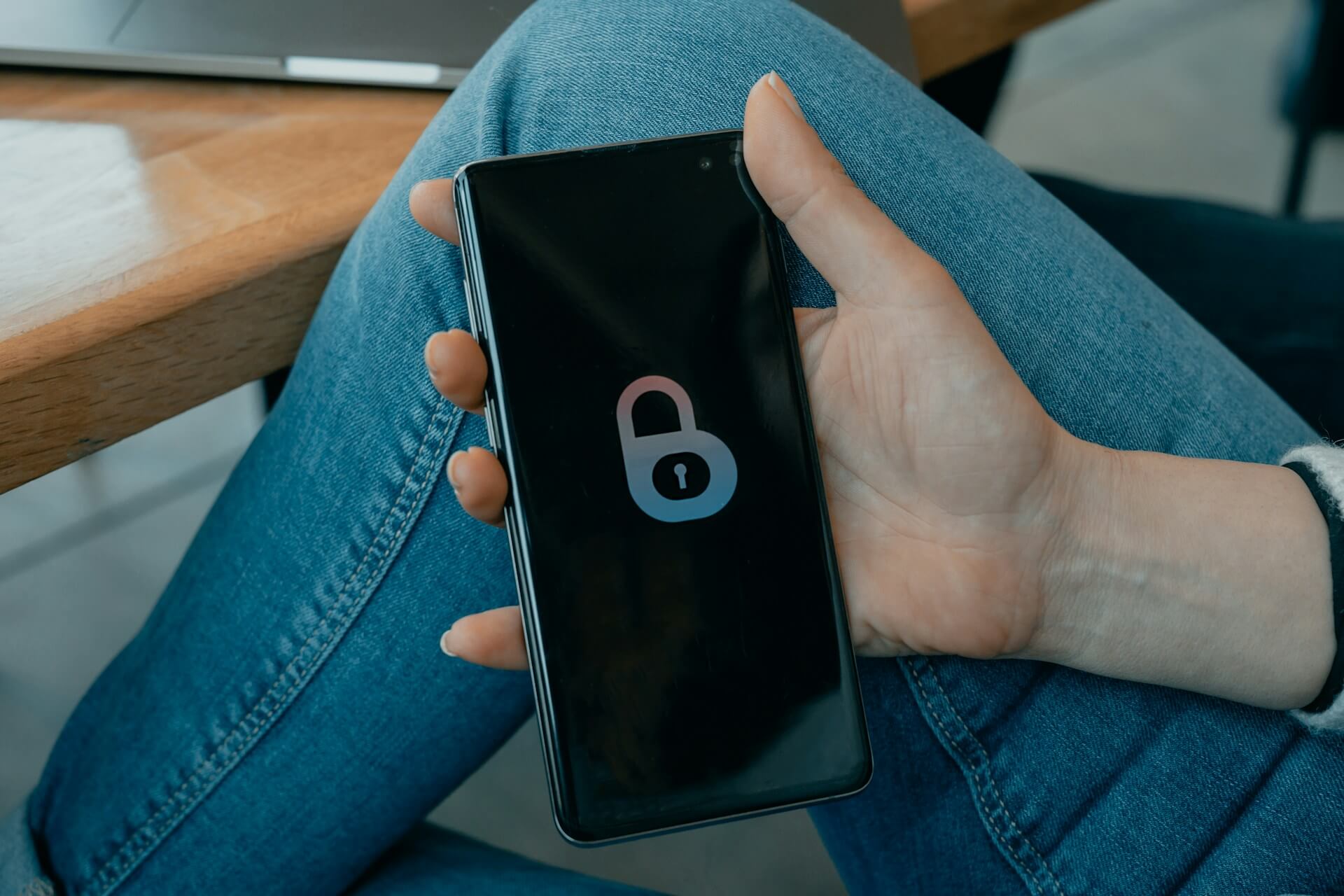
Did you know that your Android device can track data like text messages, internet searches, and app usage, depending on the setup and the apps you use? If you don’t want to think about the consequences of this data getting into the wrong hands, you can adjust your settings and invest in safety tools right now.
Here are seven steps you can take to improve your Android device privacy.
1. Set Strong Passwords
One of the best cybersecurity practices you can try and implement immediately is updating your current account passwords. Having strong and unique passwords is essential for good cyber hygiene. But while crucial, not everyone can dedicate enough time to ensure every password is highly complex and secure. If you’re one of those people, browser extensions like the Firefox password manager can easily help you. These tools generate reliable passwords and input them whenever you browse the web.
2. Enable Two-Factor Authentication
Now that you have strong passwords, take your account security to the next level by enabling two-factor authentication. This will ensure that even if your password is leaked, criminals still won’t be able to log in without entering an additional code that only you have. Nowadays, we’re used to using authenticator apps that generate such codes. However, there are other options to choose from, including SMS or email codes and biometrics. Each of these options is very secure and easy to enable.
3. Manage App Permissions
Every time you download a new app, a pop-up window with permissions usually appears on the screen. But instead of immediately agreeing to every term and condition, take a few moments to read through it. Often, apps request permissions for data or tools that aren’t even necessary for the app’s operation. And even if you’ve already granted permissions to existing apps on your device, you can easily update them in your device’s settings.
4. Disable Personalized Ads
Both Google and Android apps gather data about you to serve personalized ads. Stop such tracking by going to Settings, then Privacy, and Ads. Click on Delete advertising ID and confirm your choice. You can also disable ad personalization across your entire Google account on the same page.
5. Utilize a VPN
Mobile data can be costly, and secure networks aren’t always available, but that doesn’t mean you should use public Wi-Fi without protection when you need internet access. Cybercriminals love hacking into public Wi-Fi and looking at what people do while browsing infected networks. To protect yourself, use a VPN to encrypt your internet traffic. For frequent travelers, combining a VPN with an eSIM can enhance security. Opt for the best eSIM for Europe or your destination to ensure reliable and secure connectivity without the risks of physical SIM cards or expensive roaming fees.
6. Stay Aware of Common Security Threats
Make sure you know about the latest safety concerns so you can keep your data and Android devices safe from hackers. Don’t open emails or files that look sketchy or until you’ve confirmed the sender’s identity. On top of that, don’t put private information on web forms and surveys. The most important thing is always ensuring that your devices and apps are running on the most recent firmware versions.
7. Remove Sensitive Data
Now, if you’ve ever shared a little bit too much information about yourself online or had your data leaked, there are ways to erase it from the internet. You can try using data removal services that track your data and request data brokers or other involved parties to remove it. Such services can significantly reduce your digital footprint and minimize the chances of cybercriminals targeting you for scams.
Keeping Your Android Safe Can Be Simple
If you haven’t thought much about cybersecurity on your Android, it’s not too late to start now. By following the practices above, you can protect your online privacy from advertisers, data brokers, and cybercriminals trying to exploit anyone on their radar. Best of all, none of the listed cybersecurity measures take hours to implement, so why not give them a try?
